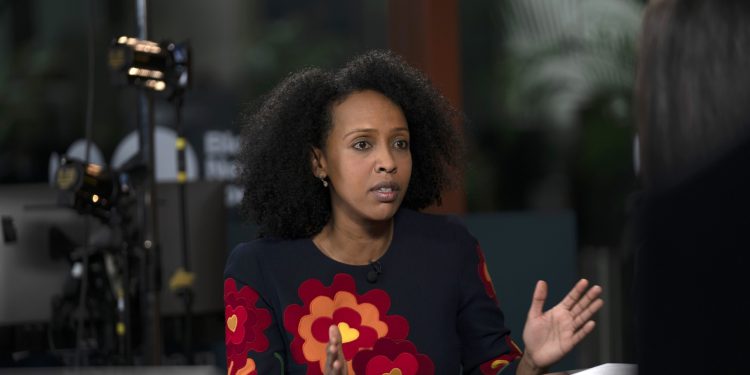Bloomberg reports that soaring food costs and unprecedented shocks in the global supply chain are warnings that the world needs to focus on building more resilient food systems. This comes from Sara Menker, chief executive and founder of Gro Intelligence, which provides analysis on global agriculture data.
The inextricable relationship between agriculture and climate change, a theme spotlighted at the COP26 meetings in Glasgow, too often focuses on the sector’s track record on carbon emissions, while not enough attention is directed at fixing structural vulnerabilities that will be most exposed to global warming. As worsening climate change continues to exert increasing pressure on agricultural production, that’s likely to exacerbate global hunger.
“We’ve had just an unprecedented number of events happening around the world that have reduced supplies,” she said in an interview with Bloomberg TV Thursday. “Food security is national security,” added Menker, who was formerly a vice president at Morgan Stanley’s commodities group.
Demand for food is surging against a barrage of supply chain disruptions, including labour shortages, climate change and record high prices for inputs like natural gas and fertilisers. The extreme state of imbalance has seen countries around the world roll out tariffs and export bans to shore up domestic supplies, further restricting access to food for net importing nations. During the pandemic, many of these protectionist attitudes were entrenched, she added.
“Hunger, to me, is ultimately a political will issue. And it is a global political will issue,” she said. “I don’t think it’s a question of whether the world can feed itself, it’s whether we have a system that can function appropriately for food to move from point A to point B.”























